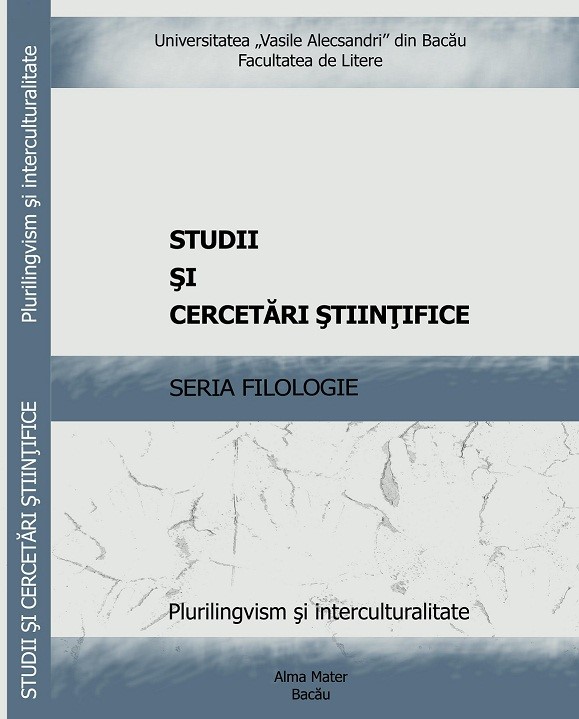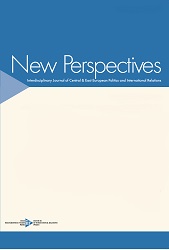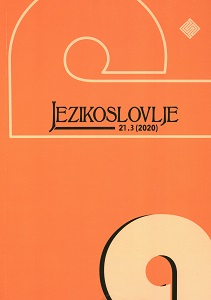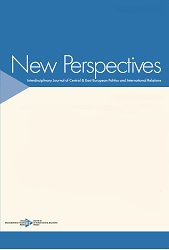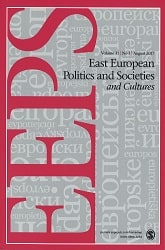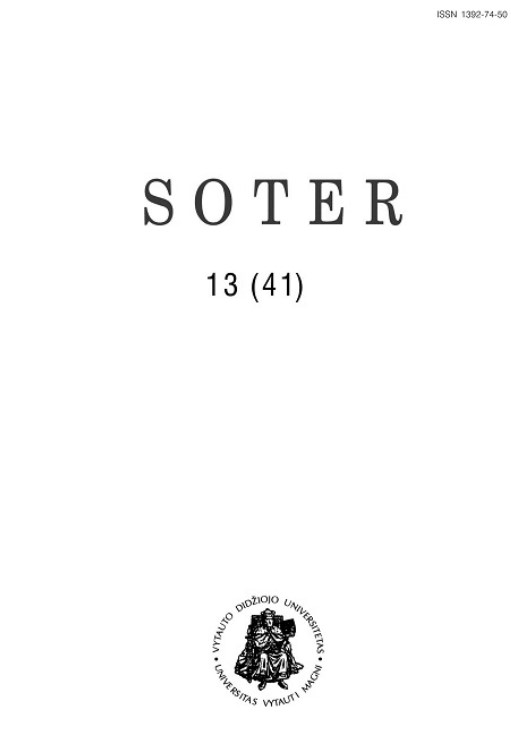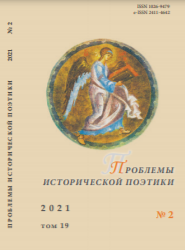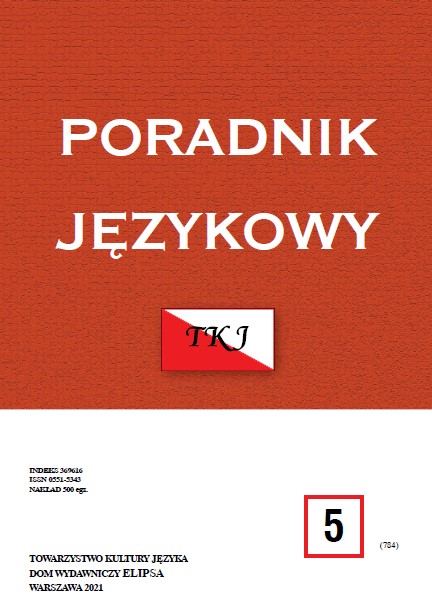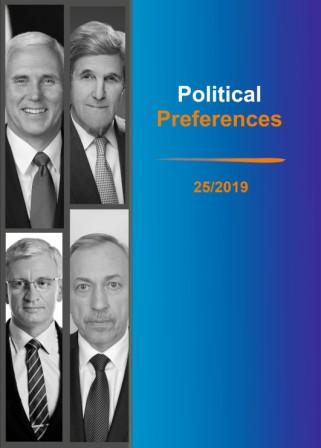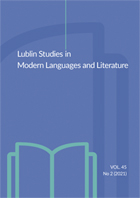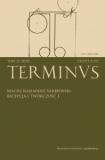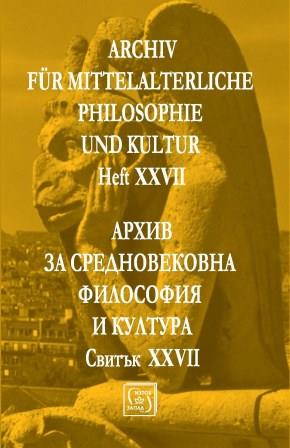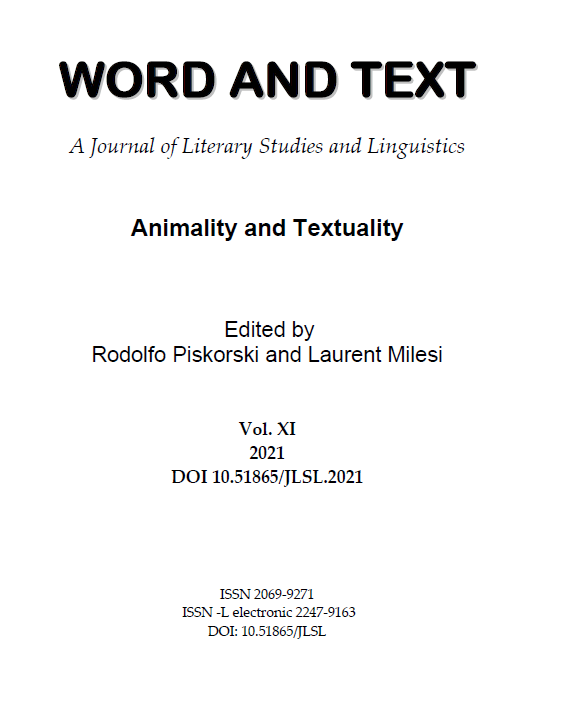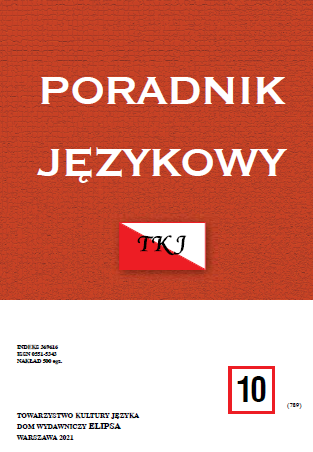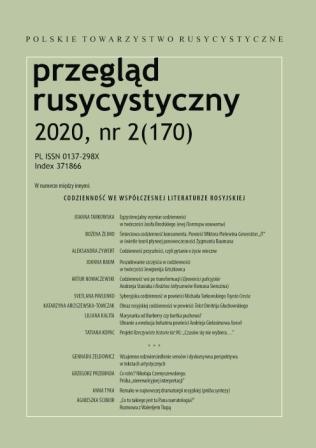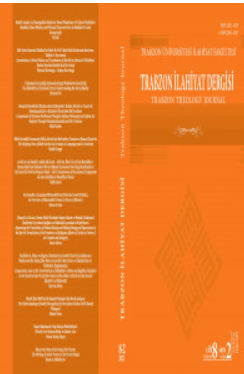Author(s): Wojciech Ryczek / Language(s): Polish
Issue: 4 (57)/2020
The main purpose of this paper is twofold. Firstly, it presents the edition of a Latin ode written by Maciej Kazimierz Sarbiewski SJ (1595–1640) dedicated to Janusz Skumin Tyszkiewicz (1572–1642), Voivode of Trakai, after the death of his beloved wife, Barbara née Naruszewicz (1580–1627). A new Polish translation of this text and a commentary are also provided. Secondly, the first part of the paper, or the invitation to close reading, aims at giving more detailed information about the rhetorical architecture of the ode, particularly its composition, arguments, and figures. Sarbiewski, regarded as the most brilliant imitator of Horatian lyrical discourse in early-modern Europe (“Christian Horace”), used the established schemes and formulas to create a Christian consolation based on reinventing the lyrical arguments. The persuasive power of his ode is strongly related to vivid, evocative, and meaningful images. The correlation between divine inspiration and poetic perfection allowed him to refashion the rhetorical patterns of epicedium. Sarbiewski wanted to demonstrate his ability to use various modes of linguistic expression. Thus, in the heart of his consolation there is a story about “the cracks” (rimae) in heaven’s gate and a poet who can take a short glimpse into “the heavenly city” (urbs caelestis). The consolation is to confirm the belief that, following departure, a deceased can live in the realm of eternal joy and happiness. Paradoxically, he or she can be happier there than during his or her earthly life. Despite its rhetorical refinement and poetical elaboration, it always serves the same purpose. Moreover, its realisation only becomes possible due to literary mediation. The poet appears to be the mediator between the world of the living and the world of the dead. The final verses of the poem bring a moral lesson best epitomized in a brief appeal “do not want more” (nec tu plura velis), addressed not only to Tyszkiewicz, but also to the poet himself and the readers.
More...
